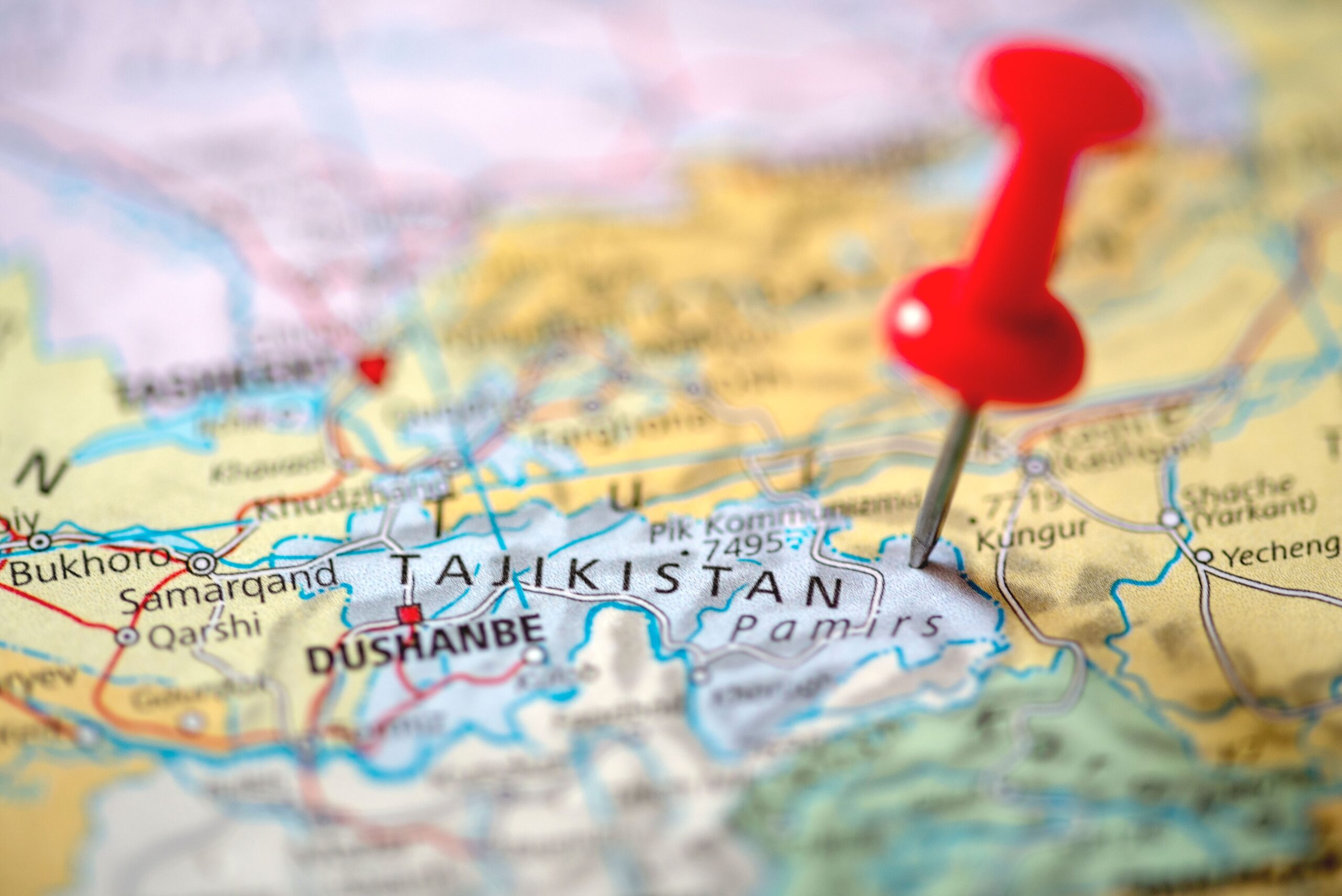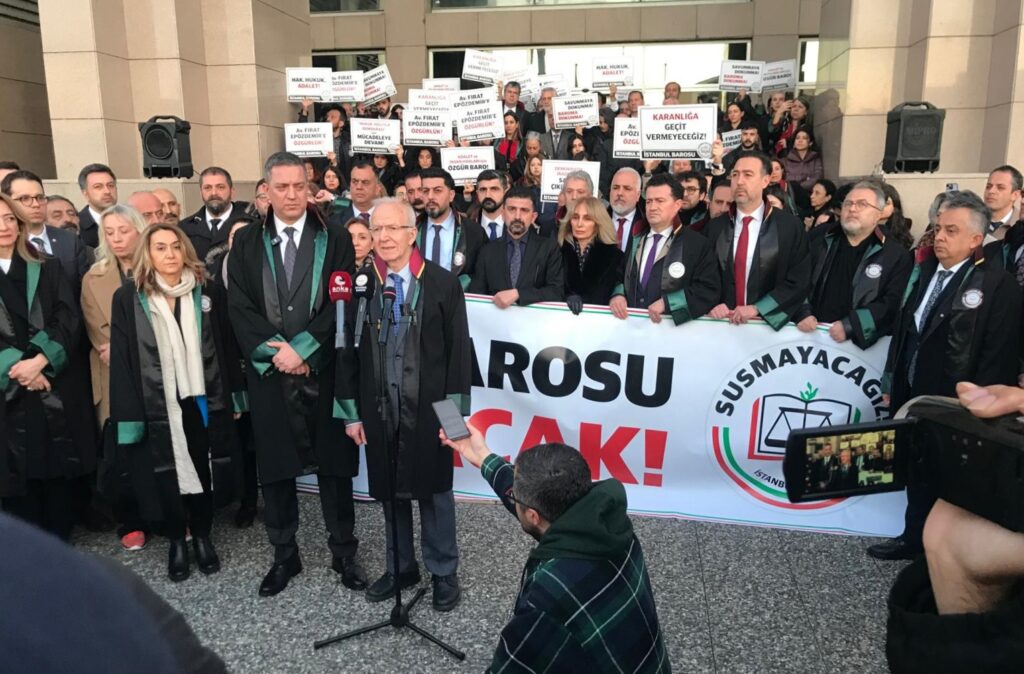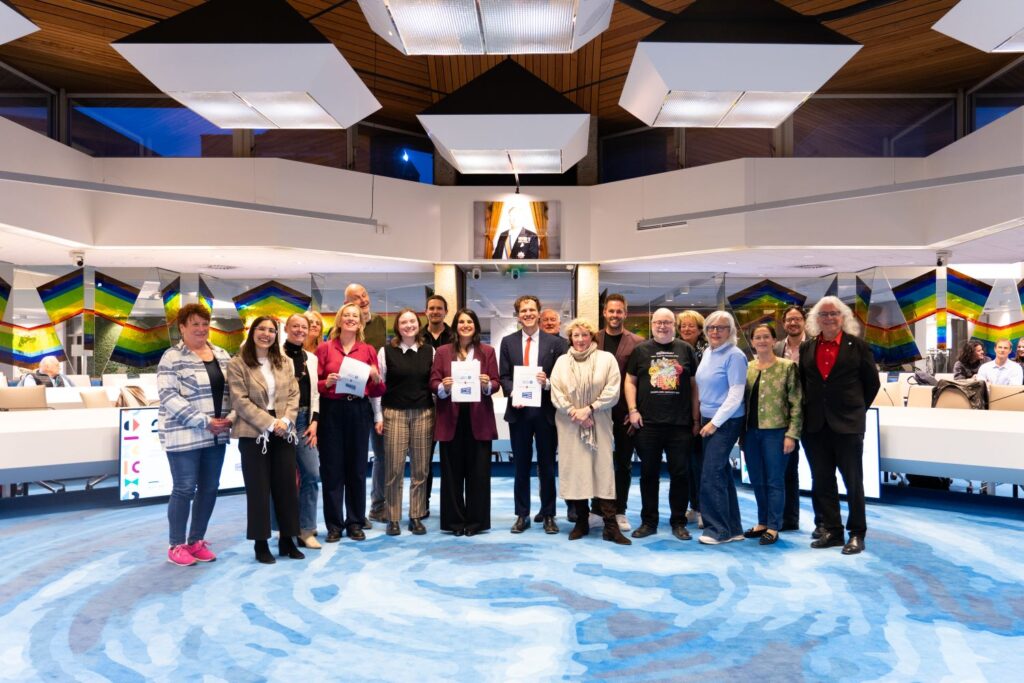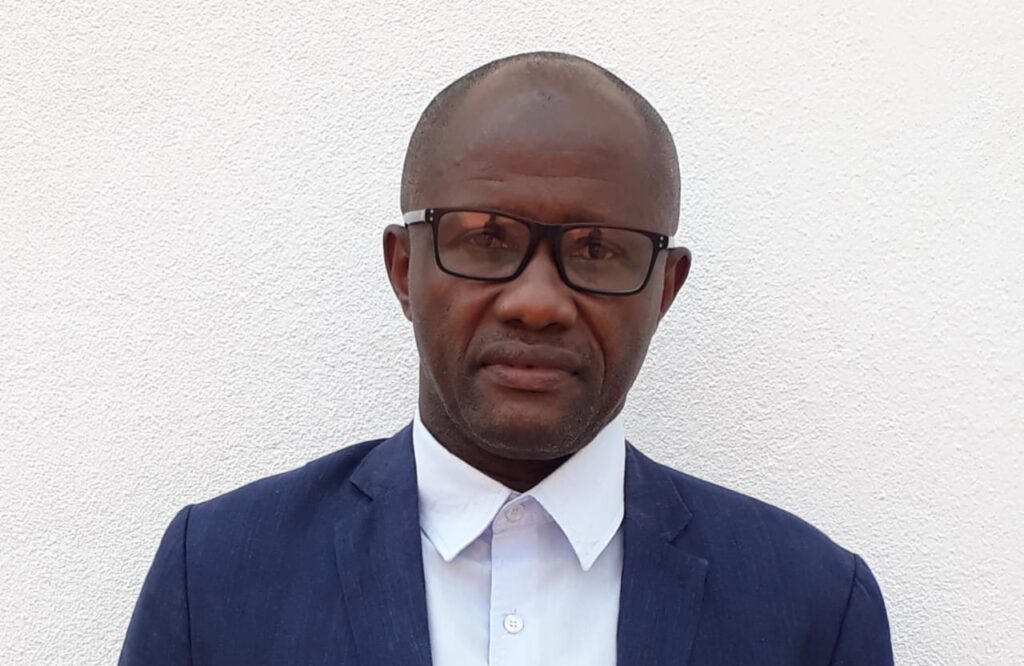On 12 July 2024, Lawyers for Lawyers submitted a mid-term report for the Universal Periodic Review (UPR) of Tajikistan. This assess the extent to which Tajikistan has implemented the recommendations issued during the previous UPR Working Group session. The next UPR cycle of Tajikistan will commence in early 2026.
The report highlights concerns regarding Tajikistan’s compliance with international human rights obligations to guarantee the proper functioning of the legal profession, without harassment and hindrance, as set out in the UN Basic Principles on the Role of Lawyers and other legal instruments. L4L finds that Tajikistan has not adequately implemented the recommendations pertaining to lawyers and the right to access to justice issued during the previous UPR.
These concerns discuss the failure of the Tajik authorities to respect the rights of lawyers by not adequately enabling them to perform their professional functions without intimidation, hindrance, harassment or improper interference. Lawyers face harassment, arbitrary detention, closed trials, and denied access to legal representation, with authorities often conflating them with extremists. High-profile cases, such as those of Buzurgmehr Yorov and Manuchehr Kholiknazarov, highlight violations of international legal standards, including the right to a fair trial. Lawyers also face improper interference, such as insufficient confidentiality during client meetings and forced reporting of terrorism-related cases, undermining lawyer-client privilege. Many are barred from trials or pressured into signing non-disclosure agreements, and arbitrary tax targeting further obstructs their work.
In addition, access to the legal profession remains severely restricted under the 2015 Law “On Advokatura and Advocates’ Activities” (the “Law On Advokatura”). Furthermore, the Tajikistan authorities have failed to take substantive steps to uphold the right to a fair trial and to guarantee that every citizen has effective access to justice and legal assistance of their choice. Tajikistan’s judiciary lacks full independence due to executive and legislative influence, problematic judge selection processes, and insufficient judicial reforms. Despite a 2015 law creating a unified Bar Association, concerns remain about the legal profession’s independence. The number of practicing lawyers has drastically declined, leaving some regions without legal representation.
The report concludes by urging UN Member States to follow-up on their recommendations and encourages the government of Tajikistan to implement recommendations accepted during the previous UPR and adhere to international legal standards on the independence of the legal profession.






